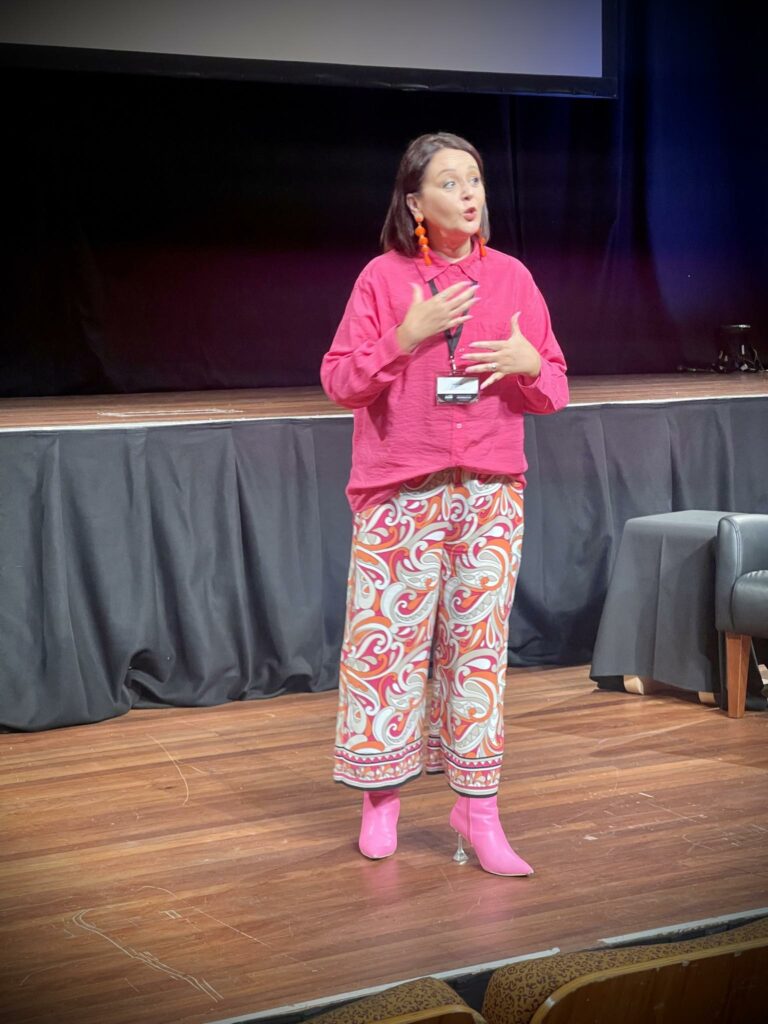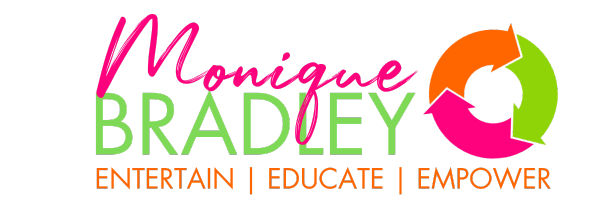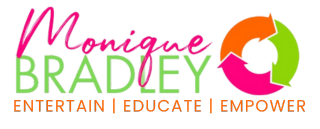Embracing Authenticity: The Key to Memorable Speaking

Embracing Authenticity: The Key to Memorable Speaking
Introduction
Do you struggle with speaking to your team or organisation, at events or for trainings and workshops? You are not alone! Perhaps you’ve got a great story and you’re on a journey to become a keynote speaker but you’re struggling to stand out. Again – you’re not alone and as a communication coach, I hear these same statements over and over again. In a world awash with information, standing out as a speaker or presenter is not just about what you say, it’s actually about how you say it. For me, Authenticity is the key, and it isn’t just a buzzword; it’s the cornerstone of impactful and memorable speaking.
The Power of Authenticity
Authenticity in speaking is about being true to oneself. It’s about sharing your stories, experiences, and viewpoints in a way that is genuinely your own. Brandon Farbstein, a renowned speaker and Gen Z activist, exemplifies this by embracing his unique life experiences to connect deeply with his audience. Farbstein’s journey underlines the importance of authenticity in creating a lasting impact on the audience.
The Authenticity-Connection Link
Authentic speakers create a strong connection with their audience. This connection is not just about relatability but also about trust, and first-person storytelling is a beautiful way to help you achieve this. When you are authentic, your audience is more likely to trust and believe in what you’re saying. As Dr. James Smith, Jr., a keynote speaker and author, puts it, “You got to present to express, not impress”. This mindset shifts the focus from seeking approval to genuinely sharing valuable insights, for the right reasons.
Authenticity in Business Communication
In the business world, authenticity translates to more than just personal stories; it’s about being honest and transparent in your communication. This approach builds trust and credibility, essential components in business relationships.
Overcoming the Fear of Vulnerability
Being authentic often requires vulnerability, which can be daunting. However, vulnerability is a strength, not a weakness. It allows speakers to show their human side, making them more relatable and engaging.
Authenticity in Virtual Environments
In today’s digital age, where virtual meetings and webinars are commonplace, maintaining authenticity is crucial. It involves being present, genuine, and engaging, even through a screen. Tailoring your message to suit the virtual medium without losing your personal touch is key. Again, stories are the best way to achieve this.
Conclusion
Authenticity in speaking is about embracing your true self and conveying your message in a manner that resonates with who you are. It’s about building trust, connection, and credibility with your audience. Remember, the most memorable speakers are not those who try to be someone they’re not, but those who are unapologetically and fabulously themselves.
References
- Farbstein, Brandon. brandonfarbstein.com
- Smith Jr., Dr. James. drjamessmithjr.com
- National Speakers Association. nsaspeaker.org

